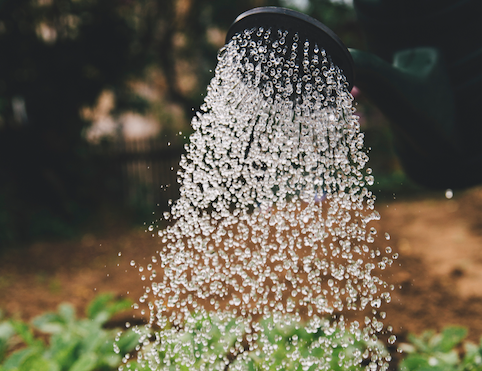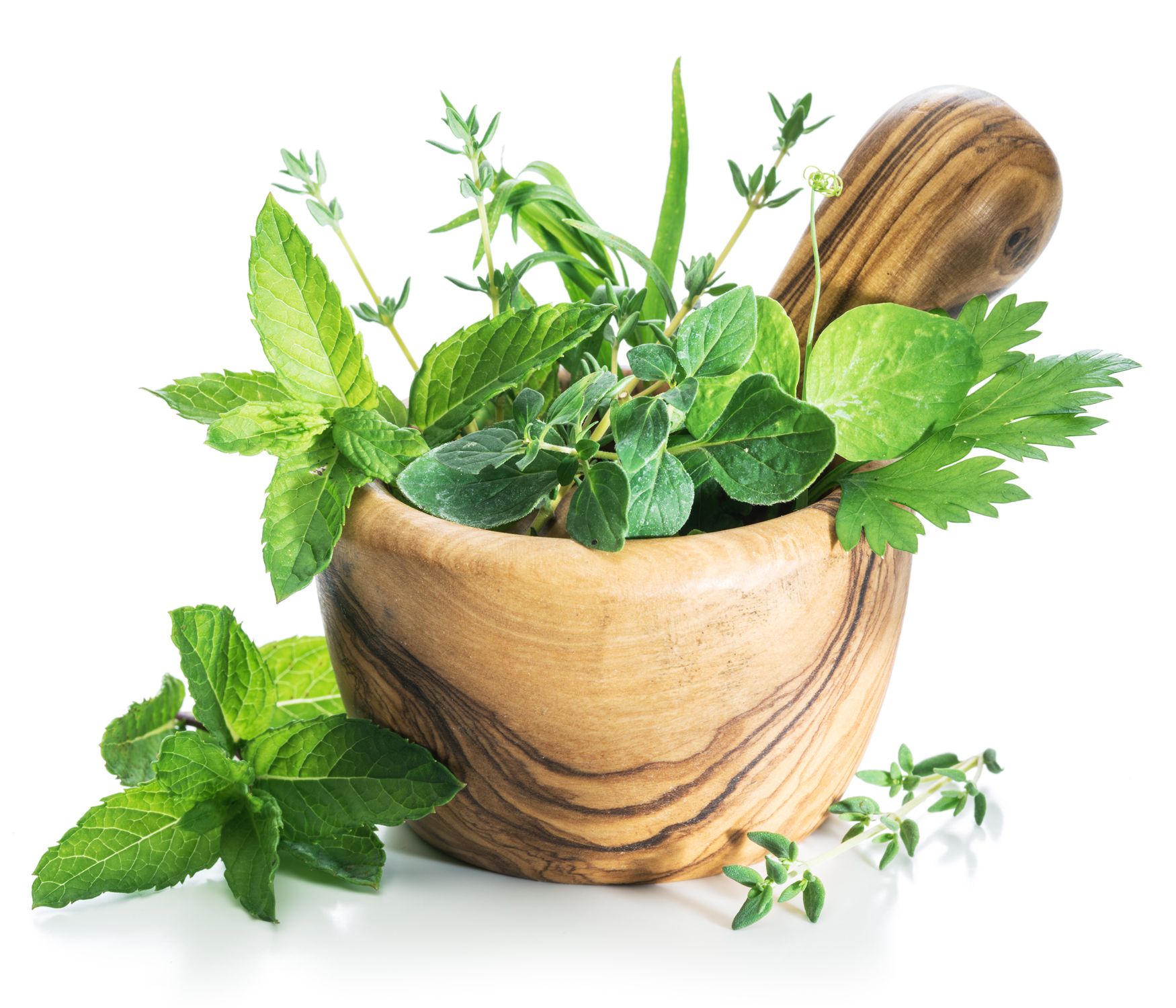Keep Your Garden Thriving All Summer Long


With the arrival of summer, gardening season is finally in full swing. Caring for a garden and maximizing your bounty is no easy task, especially when hot weather arrives. You want to keep your garden plants as healthy as possible, despite the heat, bugs, disease, rodents, and other mishaps that may occur. Here are some tips on keeping your garden thriving all summer long.
Invite Friendly Wildlife
A healthy ecosystem in your garden will help your plants thrive. Certain birds, wasps, and other insects will eat the slugs, grubs, and other pests that frequently cause problems in gardens.
Invite bees and other pollinators by planting oregano around your garden. The lovely flowering perennial FlowerKisser Coral-Pink Sage is a favorite of hummingbirds, as is Arizona Apricot Blanket Flower, which butterflies also enjoy. Pollinators are important to crops like tomatoes, peppers, squash, cucumbers, watermelon, eggplant, and more.
Compost for Better Soil
You can use things you already have at home to help make your soil more robust. Food scraps, coffee grounds, eggshells, and grass trimmings can go straight into the compost pile.
Grow Herbs
Herbs can be highly beneficial additions to your garden. Besides adding fresh flavor to your meals and providing natural medicines, many herbs also repel unwanted insects. Make sure herbs are planted in areas with lots of sun and soil that drains well. Any transplanted herbs should be watered regularly to help them get off to a good start. You can start herbs from seeds if you like, and perennial herbs will last for years.
Related Article: Maximizing Your Rural Landscaping
Double-Duty Repellents
Some plants, such as thyme, basil, and sage, are natural insect repellents. Others, including mint, lavender, and elderberry, may also help keep rodents away.
Water, Water Everywhere
Your garden responds best to watering during the cooler parts of the day; morning is preferable. Watering in the evening is fine, as long as you provide adequate time for the soil to dry out before sunset, lowering the chance that mildew or other fungi will proliferate. Remember that the water must soak into the ground to be of any help to your plants. If your vegetable garden does not receive rainfall every two to three days, you will want to water your plants.
Prune to Make Plants Last
After greens and herbs go to seed (also known as bolting), they become bitter tasting and die soon after. Bolting can be caused by high temperatures, length of the day, or plant age, but it can be delayed with regular pruning or harvesting. Harvesting sends the plant’s energy toward producing new growth. Vegetables that produce fruits are directed to focus on fruit production when their foliage is pruned. Keeping plants pruned up also helps to deter pests and disease.
Stagger Your Planting
Even pruning won’t delay the inevitable; your plants will eventually die. Some gardeners use a method called staggered planting to keep the garden produce coming. Staggered planting is when replacement crops are planted while your current crop is still producing.
Tags:Garden & Landscape

Acreage Life is part of the Catalyst Communications Network publication family.
















